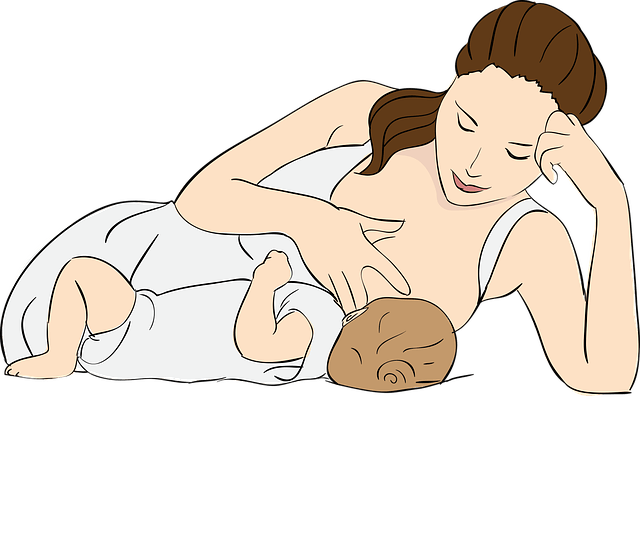If you’ve recently given birth and decided to breastfeed your baby, it’s natural to have questions and concerns. You may be hesitant to ask your midwife or health visitor, especially if your query relates to alcohol consumption during breastfeeding. It’s important to remember that substances you ingest during pregnancy or breastfeeding can potentially affect your baby. However, alcohol’s impact on your baby’s health and development is generally more significant during pregnancy than after birth. You’ve likely been advised to avoid alcohol during pregnancy, but what about after the baby arrives?
Understanding the Effects of Alcohol
Alcohol levels in breast milk mirror those in your bloodstream. They reach their peak up to an hour after drinking, or up to an hour and a half if you’ve consumed alcohol with a meal. Here’s what to know about the effects:
- Sedation: Large quantities of alcohol in breast milk can make your baby sleepier, though not always.
- Sleep Patterns: Alcohol in breast milk often disrupts your baby’s sleep patterns, causing restlessness and agitation.
- Reduced Milk Volume: When alcohol is present, less milk is released during breastfeeding, leading to more frequent feedings. Alcohol can reduce milk volume by up to twenty percent.
- Altered Taste: Alcohol changes the taste of breast milk, which might lead to your baby refusing to feed due to the unfamiliar flavor.
Is it Safe to Drink Alcohol While Breastfeeding?
It’s generally safe to consume a moderate amount of alcohol if you breastfeed. After drinking, it takes up to three hours for one unit of alcohol to leave your breast milk. However, if you have concerns, it’s advisable not to breastfeed during this time.
While moderate alcohol intake is acceptable, breastfeeding mothers should avoid exceeding the recommended daily guidelines of two or three units. Regularly surpassing these limits can harm both you and your child, so it’s essential to avoid binge drinking or maintaining a high alcohol intake. Restricting alcohol consumption to social events and avoiding excessive drinking on these occasions is a wise choice.
If you’ve had an excessive amount to drink, it’s best not to breastfeed for at least twelve hours to allow alcohol levels in your milk to decrease naturally as your bloodstream alcohol levels fall.
Know Your Limits
You may choose to abstain from alcohol entirely while breastfeeding, and that’s entirely your decision. However, if you do decide to consume alcohol, it’s crucial to be mindful. Drinking shortly after a feed is advisable, allowing your body time to process and remove alcohol before the next feeding. Having alcohol with a meal, rather than on an empty stomach, is also a good practice.
If you can refrain from alcohol for at least two days a week, it’s recommended. This reduces the likelihood of relying on alcohol as a coping mechanism.
What’s Best for Your Child
Some suggest that women who wish to consume alcohol after giving birth should switch to formula milk and stop breastfeeding. However, with responsible alcohol consumption and awareness of your limits, there’s no need to switch. Even if you stay within the recommended limit of two units per day, breastfeeding allows your baby to continue benefiting from its health advantages. Breastfeeding and alcohol can coexist as long as you exercise caution and moderation.
